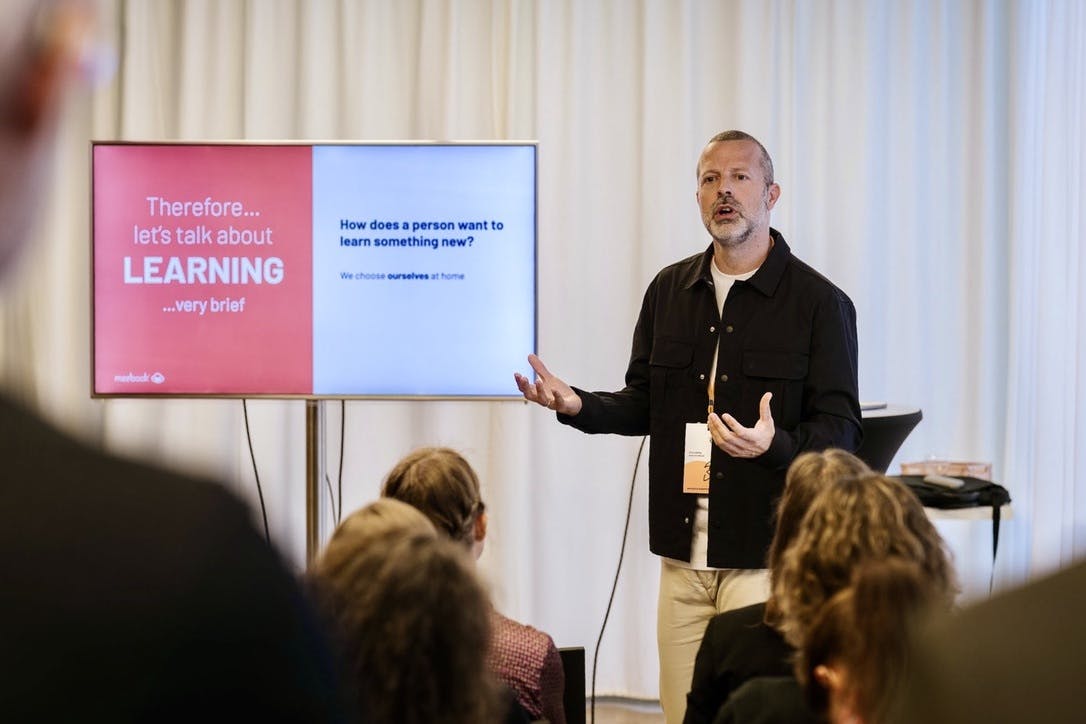
16/10/2023
min read
Security
Social engineering is a deceptive and manipulative technique used by cybercriminals to exploit human psychology rather than technical vulnerabilities. These attackers use psychological tactics to trick individuals into revealing sensitive information or taking actions that compromise security. These attacks can happen at home, at work, or anywhere else, so it’s crucial to understand how to protect yourself against social engineering threats and help those around you do the same.
Here are some key things to know and strategies to help keep these attacks from happening:
1. Be sceptical of unsolicited requests
One of the most common social engineering tactics is phishing. Attackers often send emails, messages, or phone calls that appear legitimate and urgent, asking for sensitive information like passwords or financial details. Always approach unsolicited requests with scepticism. Verify the identity of the sender through a separate channel or contact the organisation directly using official contact information.
2. Protect personal information
Cybercriminals often gather information from social media and other online sources to personalise their attacks. Be cautious about the information you share online, including personal details, work-related information, and even vacation plans. How often have you seen the security question, “What’s your mother’s maiden name?” listed as a possibility on a website? And how easy is it for someone to figure out YOUR mother’s maiden name just from the info you share online?
3. Use Multi-Factor Authentication (MFA)
MFA is a powerful defence against social engineering attacks. Even if an attacker obtains your password, they won’t be able to access your accounts without the additional authentication factor. Enable MFA wherever possible, especially for email and accounts containing sensitive data.
4. Verify identity in all in-person and remote interactions
In both physical and virtual environments, verify the identity of individuals before sharing sensitive information or authorising actions. If someone claims to be an employee, contractor, or service provider, request identification or contact their organisation directly to confirm their identity.
5. Protect your mobile devices
Mobile devices are often targeted in social engineering attacks. Ensure your mobile device has a secure password, PIN, or biometric authentication. Be cautious when installing apps and granting permissions, as malicious apps can be used to steal data or engage in fraudulent activities. And, as always, make sure your devices are up-to-date with the latest patches and updates.
Social engineering attacks capitalise on human emotions and vulnerabilities, making them a persistent cybersecurity threat. By staying informed, remaining vigilant, and implementing these defensive strategies, you can significantly reduce your susceptibility to social engineering manipulation. Remember that the best defence is a combination of technology, education, and a healthy dose of scepticism.

Voice of Visma
Welcome to the Voice of Visma podcast, where we sit down with the business builders, entrepreneurs, and innovators across Visma, sharing their perspectives on how they scale companies, reshape industries, and create real customer value across markets.
Cyber security,Visma Security Awareness

























































































































































































































